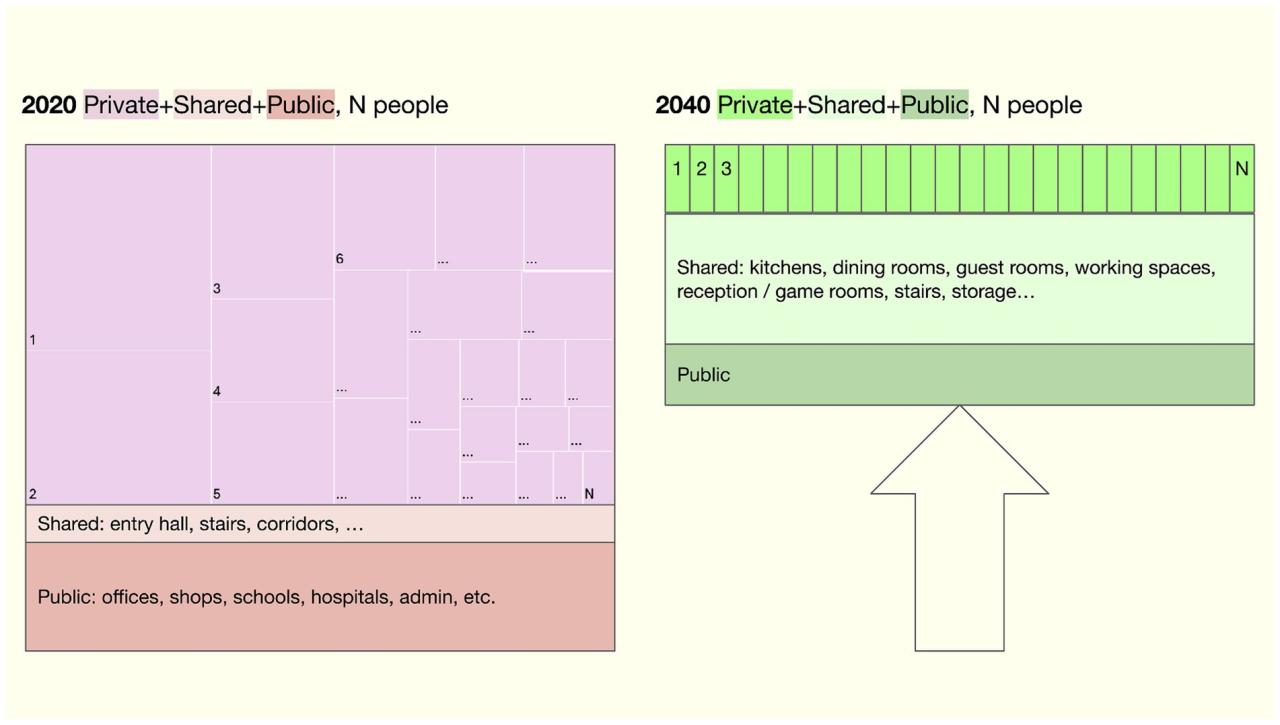
Our faculty member, Dr. Sascha Nick, has recently published an insightful article titled “Systems perspectives on transforming Swiss housing by 2040: wellbeing, shared spaces, sufficiency, and de-sprawl” in the journal Frontiers in Sustainability.
The paper addresses the multifaceted issues of Swiss housing, including high energy consumption, urban sprawl, and low circularity. Dr. Sascha Nick proposes a comprehensive solution involving a moratorium on new construction and neighborhood-scale interventions. These interventions focus on renovating buildings, creating shared living spaces, and deconstructing unnecessary settlements to enhance wellbeing and reduce ecological impacts.
The main insights of the paper:
- Quality housing is shared, flexible, and adaptable to changing life circumstances and daily needs, offering high indoor environmental quality within cohesive, walkable neighborhoods that provide all essential daily services.
- Reframing housing from a profit-driven commodity to a satisfier of essential needs is required to solve issues of oversupply, underuse, poor building conditions, urban sprawl, environmental destruction, and large inequalities.
- Transitions to better housing combine policy (building moratorium, improve most buildings and all neighborhoods) with local deliberative democracy.
- Mobility is interconnected with housing and can only be solved together, by rethinking trips and daily services.
- A low-risk, 14-year full transformation of housing is possible by using existing skills, buildings, and technologies, and co-creating a new culture of wellbeing within ecological limits and changing how we live.
The article emphasizes the potential to significantly improve energy efficiency, reduce urban sprawl to levels seen in the early 20th century, and foster a culture of shared spaces. This research provides a robust foundation for policy discussions and societal experiments aimed at sustainable housing transformations. The full article here.
